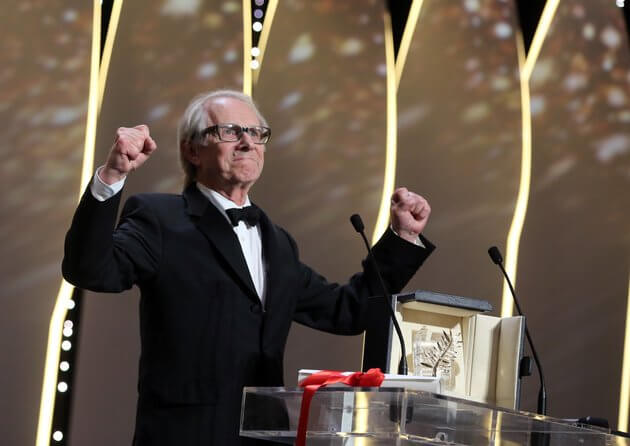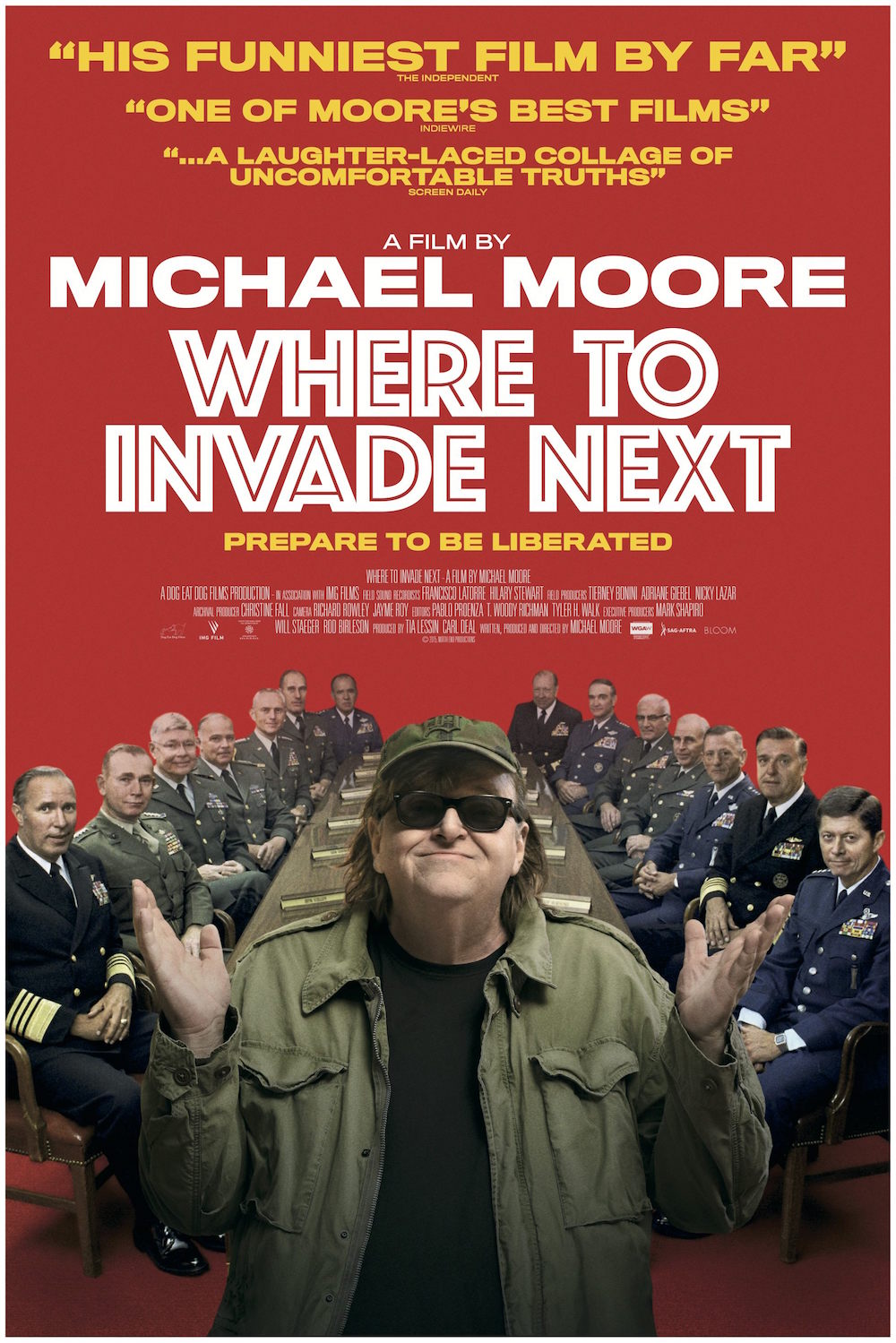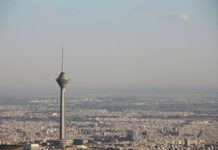Film director Michael Haneke criticizes #MeToo movement on eve of Berlinale film festival
By Katerina Selin
20 February 2018
The reactionary #MeToo campaign is playing a central role at the 68th Berlinale International Film Festival. On its opening day, February 15, festival director Dieter Kosslick announced on the German radio channel Deutschlandfunk, “I believe the entire Berlinale is inspired by this theme.”
But despite the media campaign promoting #MeToo, some artists and cultural figures have gone public to express their criticisms.
A few days before the opening of the Berlinale, the well-known Austrian film director Michael Haneke sharply criticized the #MeToo movement. In an interview with the Austrian daily newspaper Kurier, he said: “What bothers me about the current debate is the totally unreflected meanness, the blind rage that’s not based on facts, and the prejudices that destroy the lives of people whose crime has not been proven in numerous cases. People are simply assassinated in the media, ruining lives and careers.”
Of course, “any form of rape or coercion is punishable,” Haneke continued. “But this hysterical pre-judgment that is spreading now I find absolutely disgusting. And I don’t want to know how many of these accusations, related to incidents 20 or 30 years ago, are primarily statements that have little to do with sexual assault.”
He went on to warn: “Any shit storm that comes out on the forums of serious online news outlets after such ‘revelations’ poisons the social climate. And this makes every argument on this very important subject even more difficult. The malignancy that hits you on the Internet often stifles you. This new Puritanism, imbued with a hatred of men, which comes in the wake of the #MeToo movement, worries me.”
The director and screenwriter, born in 1942, is internationally recognized for feature films including Caché (2005), The White Ribbon (2009) and Amour (2012). He has received a number of awards for his work and is currently working on a dystopian science fiction TV series.
In the interview, he also expressed anger over recent attempts to censor films and works of art. He referred to a case in New York, where, in late 2017, the Metropolitan Museum of Art was asked to remove a painting by Balthus following a demand raised by an online petition. Such an action was “simply grotesque,” Haneke declared. Balthus was one of the most important painters of the twentieth century. “What mad petty-bourgeois tries to be smarter and more moralistic than the museum audience?”
The petition signatories claimed that “in showcasing” the 1938 painting, Thérèse Dreaming, depicting a young girl in an ambiguous pose, “the Met is romanticizing voyeurism and the objectification of children.”
In another incident, at the Manchester Art Gallery in the UK, a painting, Hylas and the Nymphs by Waterhouse (1896), was actually removed, but then rehung following vigorous public protest.
These attacks on freedom of expression and art are justified either with accusations made against the artists—often unproven or from anonymous accusers—or with the allegedly salacious content of their work. The most far-reaching consequences of the #MeToo campaign have thus far been in the film industry. Haneke recalled the Japanese film In the Realm of the Senses, which caused a scandal at the 1976 Berlinale due to its portrayal of sexuality. Today, this film could not be made, he said, “because the funding institutions would not allow it, anticipating this terror.”
He continued: “Suspected actors are cut out of movies and TV series in order not to lose audiences. As artists, we’re starting to be fearful since we’re faced with this crusade against any form of eroticism. Where are we living? In the new Middle Ages?”
“Every sexual and every violent assault” must be condemned and punished, he said, “But the witch hunt should be a relic of the Middle Ages.”
Haneke’s courageous stance and accurate words send an important signal on the eve of the Berlin Film Festival, which has organized an entire supporting program on the #MeToo issue. A press release on #MeToo states that the Berlinale is “committed to sexual self-determination and against any kind of abuse.” The debate is “important” and leads to the “questioning of social power relations.”
The festival management has gone so far as to remove “suspect” films from its program in advance. Without providing any specific information on the films in question, Berlinale Director Kosslick said, “We do not have people’s work in the program this year because, while they were not tried for misconduct, they at least admitted it.” This is exactly the type of denunciatory attitude that Haneke condemned.
Initiatives such as “Speak Up!”, which offers counseling services on sexual harassment, and “ProQuote Film,” which seeks a women’s film quota, are active at the festival. German actress Anna Brüggemann initiated the campaign #NobodysDoll and called on women not to walk the red carpet in high heels and short dresses in compliance with the “prevailing ideal of beauty,” which she called “misogynist.”
The #MeToo campaign at Berlinale is linked to politics, as is shown in meetings such as “Culture Wants Change—A Conversation on Sexual Harassment in Film, Television and Theatre,” at the Tipi theatre, close to the German Chancellery. Among the speakers is German Family Minister Katarina Barley (Social Democratic Party), who publicly backed the #MeToo campaign last autumn. She told Zeit online, “In cases of assault like a hand on a knee, we should be sharper legally.”
Prior to the interview with Haneke, several female artists, among them the well-known actress Catherine Deneuve, had publicly opposed the #MeToo hysteria. Last Wednesday, the German actress Heike Makatsch gave an interview with the Süddeutsche Zeitung and warned of a climate of fear and self-censorship among artists as a consequence of #MeToo.











